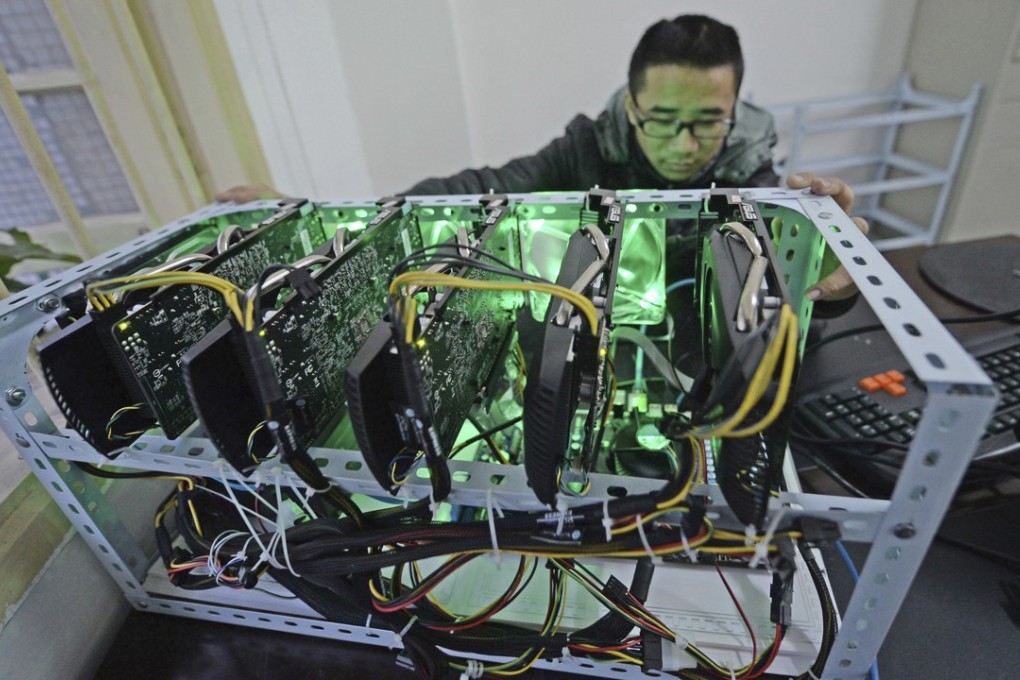Hong Kong fast developing as a cryptocurrency centre
But with ecosystem so new, some observers worry that one bad ICO could derail the whole market

Initial coin offerings are the most talked about, if not the most popular, form of fundraising for cryptocurrency projects around the world – and Hong Kong is starting to get in on the action. In fact, evangelists for cryptocurrencies see ICOs as a way for Hong Kong to regain its place at the forefront of the Asian, and even the global, financial services industry.
The stakes are high. The ICO market remains frothy at best, with investors concerned about scams, so companies have to go to great lengths to prove they are genuine. And with anything so new, market participants worry that one spectacular failure could bring the whole thing crashing down.
“I think Hong Kong is probably the best place in Asia to do a token sale right now,” said Jehan Chu, managing partner at Kenetic Capital, a Hong Kong based a blockchain and crypto currency investment firm.
“Everything you need is here. We have the procedures set up, and we’ve shown they work on successful token sales. There are advisers here and plenty of investors,” he said.
“Cryptocurrencies are at the heart of the future of finance. If we get this right, it could set Hong Kong up as a financial services centre for the next 50 years.”
If we get this right, it could set Hong Kong up as a financial services centre for the next 50 years
Between 10 and 20 companies will carry out ICOs in Hong Kong in the next six months, according to Invest HK’s head of fintech Charles D’Haussy. These include Hong Kong based companies, as well as those operating overseas but coming to the city to carry out an ICO.